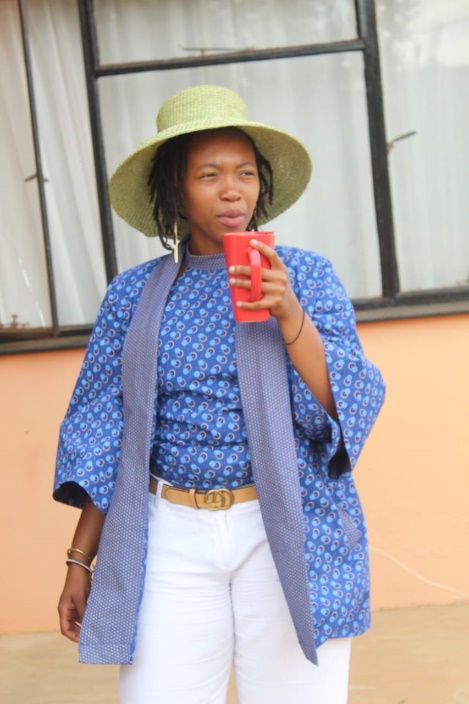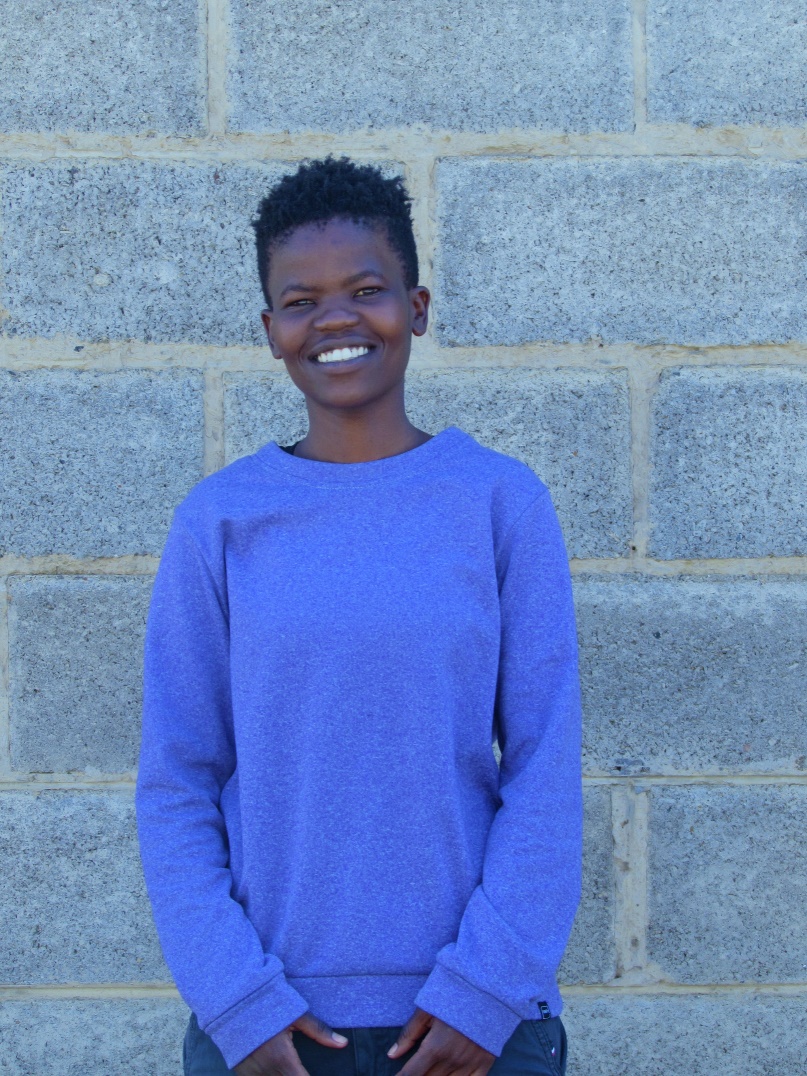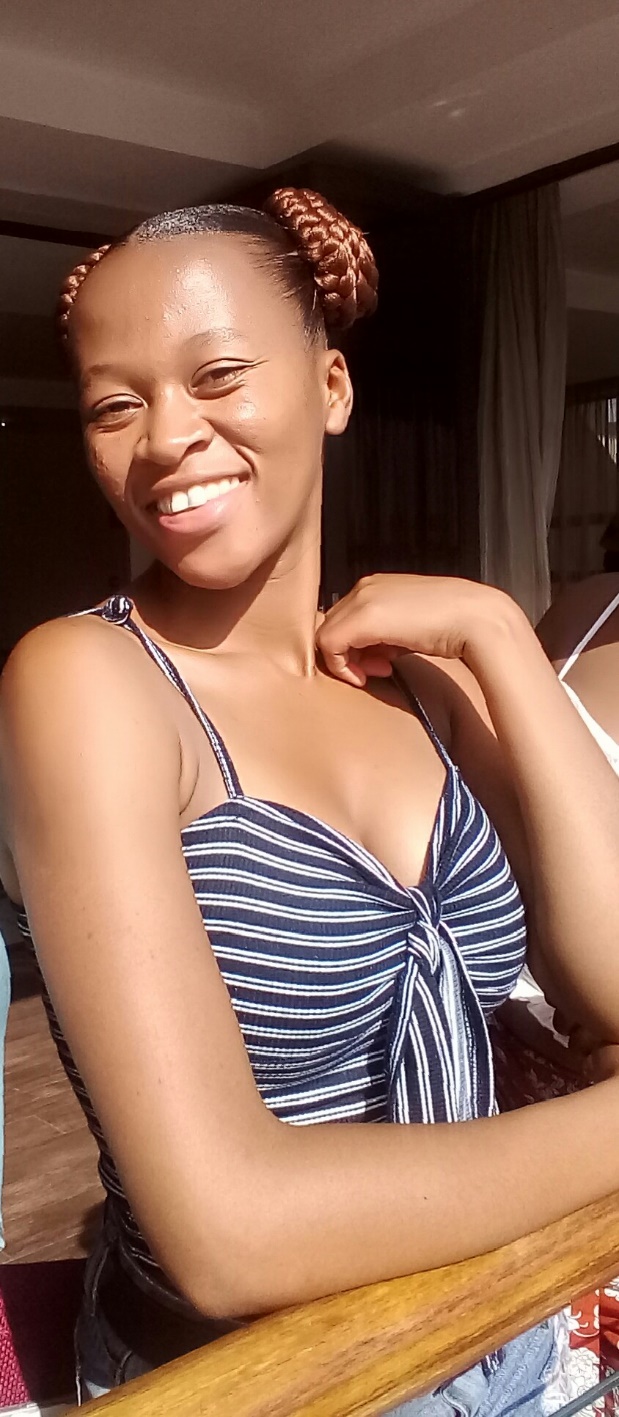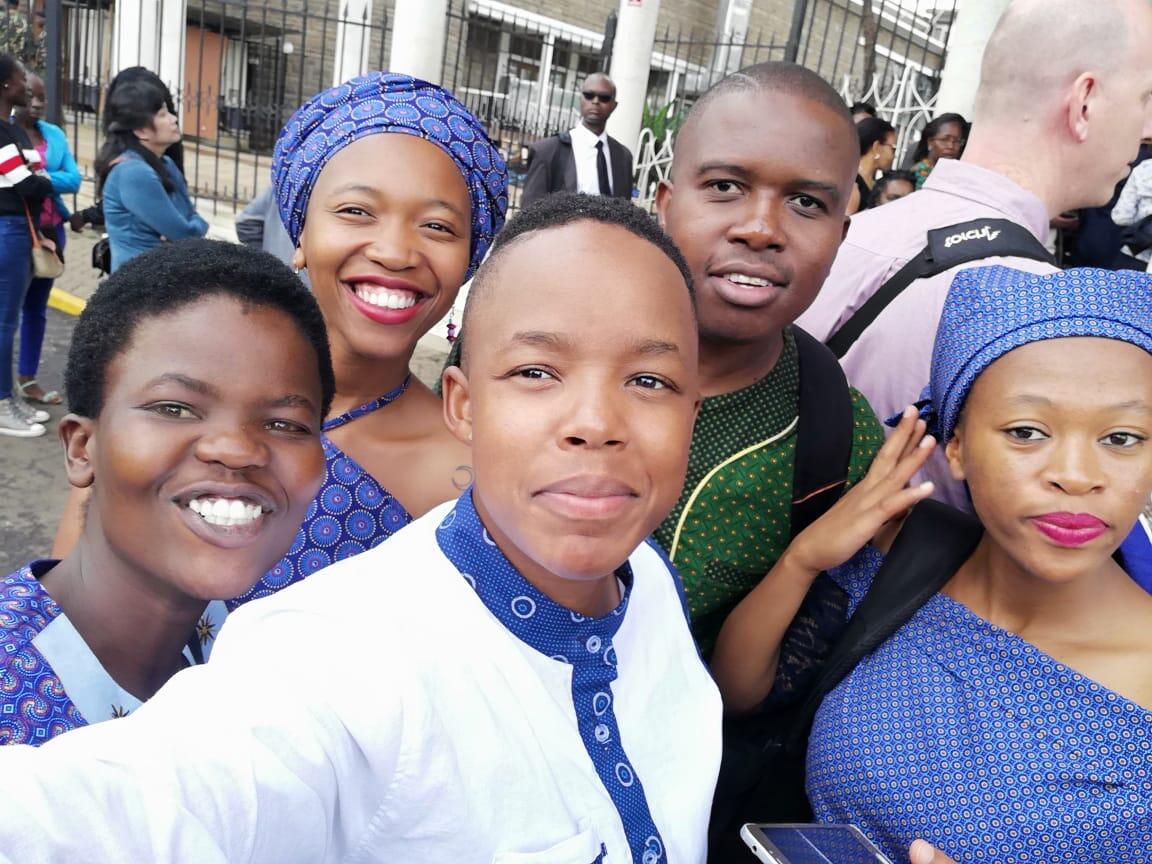 Matseliso Motsoane
Matseliso Motsoane
It has been about 9 months since a delegation of young people from Lesotho including myself, attended the ICPD25 Summit in Nairobi. The international conference convened with the aim of addressing the broad Sexual and Reproductive Health and Rights (SRHR) issues affecting people across all age groups around the world. As young Basotho people we went there with a lot to say, and a lot to learn. We returned having made the vow to accelerate the promise made in Cairo 25 years before, by being more proactive in our communities about issues of Sexual reproductive health, Gender Based Violence (GBV) and Sexuality.
Since then we have however been hit by the global COVID-19 pandemic. Unfortunately, this resulted in an even tougher environment to address these issues and combat harmful practices. We have seen a rise in GBV numbers due to women being confined to their homes with abusive partners and family members. Nonetheless Lesotho has seen some progress.
There have been a number of initiatives, particularly in the community where I now live in Morija, to create sustainable and reusable pads as a way to make menstrual care more accessible to all, despite the economic challenges the pandemic has brought on.
Furthermore, my colleagues in the LGBTI+ community have made great strides in building awareness around issues of mental health and sexuality. In fact, every now and again when you turn on any of the local radio stations, you will hear an advert building awareness about the intimate social challenges that the LGBTI+ community faces due to the country’s pervasive stigma. This small feat has really gone a long way in opening up the Basotho population to the issues that the LGBTI+ community has been facing.
All in all, I would say it is difficult to measure exactly what our progress is in accelerating the ICPD promise, partly due to the COVID-19 pandemic. Nonetheless, the same delegation remains committed to realising that promise and we look forward to more engagements with young people at grassroots level about these issues. We have also acquired a unique set of skills and resources that allow us to continue this work, even in this ‘new normal’ that we all have to readjust to.
 Refiloe Masaoana
Refiloe Masaoana
In commemoration of International Youth Day, I am grateful to have been among those who participated in the Nairobi summit on ICPD25 and being among those that are contributing towards development of adolescents and young women, LGBTIQ, young people living with HIV and young people with disabilities as well as engagement of young people in their diversity to accelerate implementation of the ICPD agenda.
Since then, as young people we have been ensuring that universal access to Sexual and Reproductive Health and Rights (SRHR) becomes part of the national and global discourse in an effort to prevent young people from falling prey to unplanned pregnancies and unsafe abortions.
Lesotho has made some noticeable progress in increasing access to reproductive health. Comprehensive Sexuality Education information is accessed by young people in and out of school and the government has committed to removing tax on sanitary towels. Again, the government has acknowledged the existence of key populations including the LGBTIQ.
However, Covid-19 has brought with it socio economic challenges to youth as we cannot fully access SRHR services.
On this IYD 2020 “Youth Engagement for Global Action” I recommend youth in Lesotho regardless of their race, gender identity, religion and political opinion to be engaged in implementation of the commitments we made last year to accelerate implementation of the ICPD at community and national level, so that no one is left behind.
 Felleng Machake
Felleng Machake
Progress on commitments
In July 2019, Basotho youth gathered to deliver their commitments paving the way to the Nairobi summit on ICPD25. I was among those who represented Basotho youth at the summit. As young people in Lesotho, we had committed to, among others, raise awareness on the importance of ending child marriage, accessing information on Comprehensive Sexuality Education(CSE) and utilising adolescents and youth friendly health services. These have been partially hampered by COVID-19 but we are still ensuring some of the issues under the commitment are ongoing, such as advocating for an end to child marriage. This pandemic should not be the reason not to fulfil our commitments in fact it should be the reason we stay true to the commitments.
Challenges brought by COVID-19
2020 has been a year of more poverty as people have lost their jobs, due to, among others, lockdown restrictions. The health system has been negatively affected, it can be presumed that health personnel would be shifting more attention to the pandemic than other health services such as family planning. This would as thus result in an increase in the rates of child marriage, gender-based violence and teenage pregnancies.
Recommendations
First of all, youth and adolescents let us not be in denial that COVID-19 exists. It is dangerous and it attacks anyone regardless of age or race. Let us also bear in mind that this is a pandemic and a global crisis. In times of crisis life changes, it becomes harsh, uncomfortable and devastating let us therefore accept reality and focus on the means of survival, let us learn how to protect ourselves and others. Let us remember to frequently wash our hands with soap and running water, always properly wear your mask in crowded places, exercise while also keeping warm.
Lovely parents, please grant us the value we deserve, please do not see us as the quick source of income(lobola) through forced and arranged marriages. We plead with our government to consider our grievances. May the government strengthen the laws against those who violate young people, especially girls and strengthen our health systems.
It is only when we stay united and cooperative that we ca overcome challenges like this one. Let us stay safe and protected.


